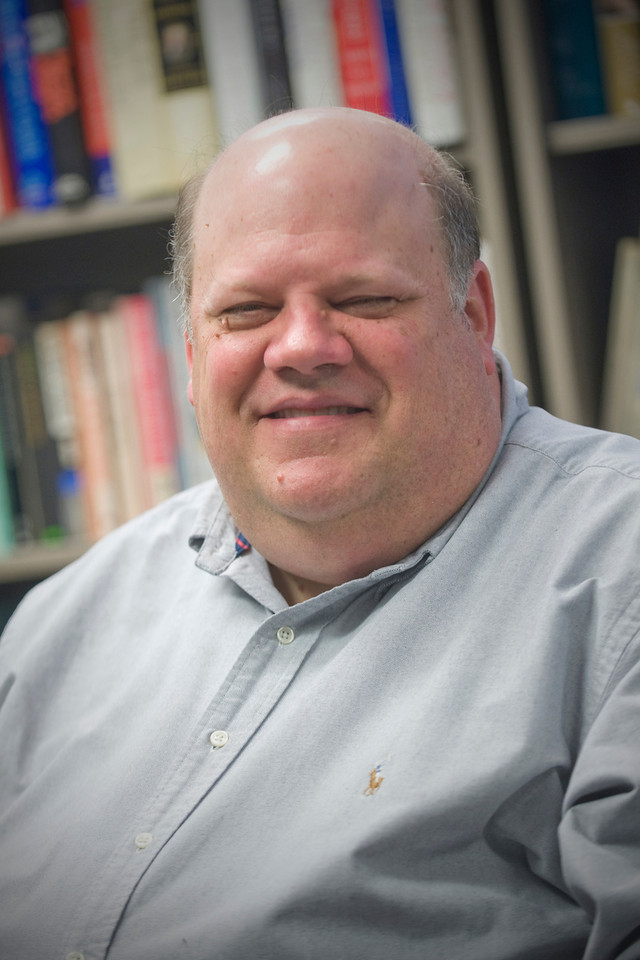WESTFIELD – It wasn’t that long ago that most pundits and polls said that Hillary Clinton would win the Presidential Election, making Donald Trump at one point a massive underdog.
Recently though, Trump has closed that gap to make it seem like a respectable race, but there was one election that was perceived to be such a gap that analysts actually stopped polling potential voters.
If you’re not sure what election I’m talking about, maybe this will ring a bell–”Dewey defeats Truman.”
Yes, the iconic photo of Harry S. Truman holding the newspaper with that embarrassing headline after being named president is cemented in many people’s memories, and we can thank the 1948 election for that mishap. Well, that and political polling.
“No one gave Truman a chance,” Westfield State University political sciences professor Dr. David Smailes said. “Life Magazine even ran an article two weeks before the article called, ‘Our next president crosses the water’ or something like that and had a photo of Thomas Dewey crossing the San Franscisco Bay.”
Indeed, Truman faced not only a battle from Dewey but a battle from public perception. It seemed that everyone thought that he had lost before the election even happened–sort of like how people felt about Trump not too long ago.
“I think what makes this election relevant is the fact that so many people had decided fairly early on that Dewey was going to win the election,” Smailes said. “But no matter what the polls tell you will happen, we won’t know until Election Day.”
Smailes said that this is a reminder that polling data and polls have a fair amount of uncertainty to them. This is especially true today, since polling has become more volatile and inaccurate as the years have gone by.
One reason for this is due to lack of responses garnered from traditionally telephone interview polling. According to the Pew Research Center, from 1997 to 2012 contact rates of those called for an interview dropped 28 percent. Even worse, when people were contacted those who actually allowed an interview dropped from 36 percent in 1997 to just 9 percent in 2012.
If it wasn’t enough of a detriment that responses are low though, Pew even found that this has caused a problem with who has responded to the interviews.
According to their research–which, if polling is skewed to begin with, makes you wonder if you can trust it–those who agree to interviews are also more likely to participate in political volunteering. This means that the information they provide is likely swayed more so than the average American, which can show some drastic differences in polls. Additionally, those who make $25,000 or less had a 4 percent lower response rate than those who make $500,000 a year or more, further skewing statistics.
So, as you see the polls come in over the couple of days and you contemplate allowing them to impact your own vote, ask yourself “Did Dewey even defeat Truman?”


